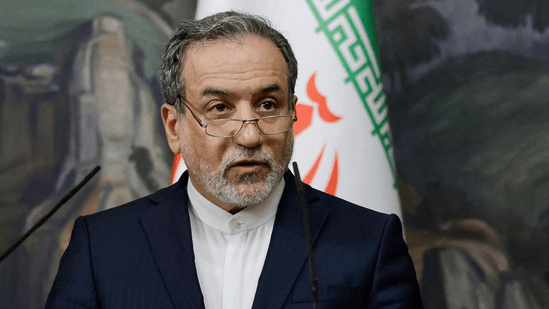TEHRAN, April 25 — In a diplomatic overture aimed at easing escalating tensions between India and Pakistan, Iranian Foreign Minister Seyed Abbas Aragchi said Friday that Tehran is prepared to assist both nations in restoring dialogue following a deadly terror attack in Jammu and Kashmir’s Pahalgam.
Posting on X (formerly Twitter), Aragchi expressed Iran’s willingness to act as a neutral facilitator. “Tehran stands ready to use its good offices in Islamabad and New Delhi to forge greater understanding at this difficult time,” he wrote, referencing Iran’s historically strong relations with both South Asian neighbors.
The offer comes in the wake of renewed strain between India and Pakistan, triggered by the attack in Kashmir, which resulted in multiple casualties and reignited long-standing hostilities over the contested region.
Aragchi grounded his appeal in a moral and cultural message, quoting the famed 13th-century Persian poet Saadi to underscore shared humanity and collective responsibility in times of pain.
“Human Beings are members of a whole
In creation of one essence and soul
If one member is inflicted with pain
Other members uneasy will remain,” Aragchi cited, using the verse to emphasize unity across borders and cultures.
While New Delhi and Islamabad have yet to respond formally to Iran’s offer, Tehran’s gesture is seen as part of its broader regional diplomacy strategy—balancing its ties with both countries while positioning itself as a stabilizing force in South Asia.
India has traditionally resisted third-party mediation in its disputes with Pakistan, emphasizing bilateral engagement under the framework of the Shimla Agreement and the Lahore Declaration. However, Iran’s invocation of shared cultural and historical connections may add a unique diplomatic dimension to the conversation.
Pakistan, on the other hand, has often welcomed international involvement in addressing the Kashmir issue, especially after flare-ups in violence or political confrontation.
The Pahalgam attack, details of which continue to unfold, has drawn widespread condemnation and intensified calls for accountability. In this tense atmosphere, Iran’s call for dialogue echoes a growing international sentiment favoring de-escalation.
Whether the two nuclear-armed neighbors will respond to Iran’s proposal remains uncertain. But with the region on edge, Tehran’s poetic appeal may serve as a subtle reminder of the human cost of conflict—and the enduring value of diplomacy.

